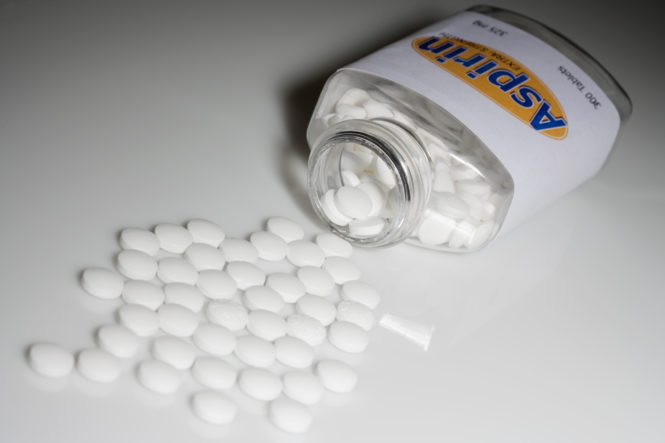Category: Laboratory Medicine
-
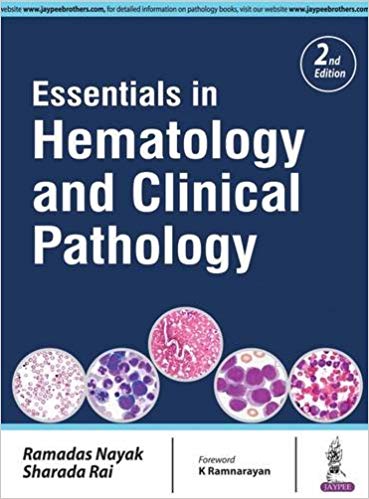
Essentials in Hematology and Clinical Pathology (2016)
Essentials in Hematology and Clinical Pathology (2016) is one of the finest hematology books in the market today, and, strangely, you can buy it new for under $30 (US). Hematology is a specialty that straddles both clinical medicine and pathology, and this book is an absolute winner on two separate levels: (1) the clinical discussions…
-
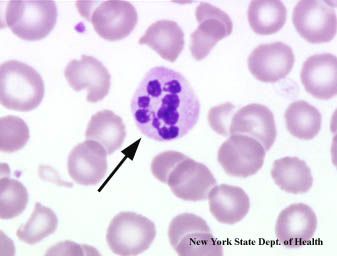
Macrocytic Anemia: The Workup
The workup for macrocytic anemia should include some or all the following: Peripheral blood smear Hypersegmented neutrophils and macroovalocytes → B12 or folate deficiency. Pancytopenia → advanced B12 deficiency Target cells → chronic liver disease (anemia and thrombocytopenia are also seen). Pseudo-Pelger-Huët cells → myelodysplastic syndrome. For vitamin B12 deficiency Vitamin B12 levels Methylmalonic acid and…
-

Chronic Diarrhea: Laboratory Medicine Tips and Tricks
Routine labs can tell you a great deal about your patient’s chronic diarrhea: Potassium: Potassium should, of course, be low in patients with chronic diarrhea. If it is high and the patient has normal kidney function, then your patient may have Addison’s disease, or primary adrenal insufficiency. Microcytic anemia: microcytic anemia suggests anemia of iron…
-
Hypocomplementemia: Key Points and Mnemonics
You don’t need to memorize which glomerulonephritides are associate with low complement and which are not. Rather, ask yourself one question: does this patient have persistent, aggressive, endovascular, systemic infectious or inflammatory processes? If the answer is “yes,” then the disease is associate with low complement levels. If the answer is “no,” then complement level…
-
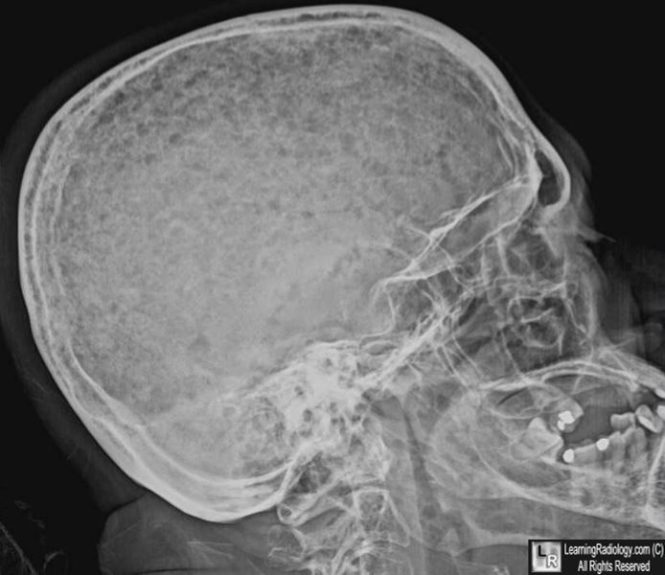
Laboratory Findings in Multiple Myeloma
Multiple myeloma is associated with more laboratory abnormalities than any other disease. Some of the notable ones are: Blood Peripheral blood smear: normocytic, normochromic anemia, macrocytic anemia, rouleaux formation, neutropenia, thrombocytopenia, abnormal plasma cells (15%) High Erythrocyte Sedimentation Rate (ESR) High serum total protein and low albumin/globulin ratio Septicemia: especially from encapsulated organisms, which are…
-
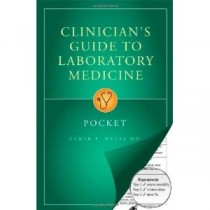
Teach Yourself Laboratory Medicine!
Laboratory medicine is one of the core competencies you must master if you want to become a superstar diagnostician within the span of one lifetime or less. Here is my proposed “curriculum” for mastery of laboratory medicine: Urinalysis and Body Fluids, 5e, by Susan King Strasinger – a great book. Clear, fluid and…
